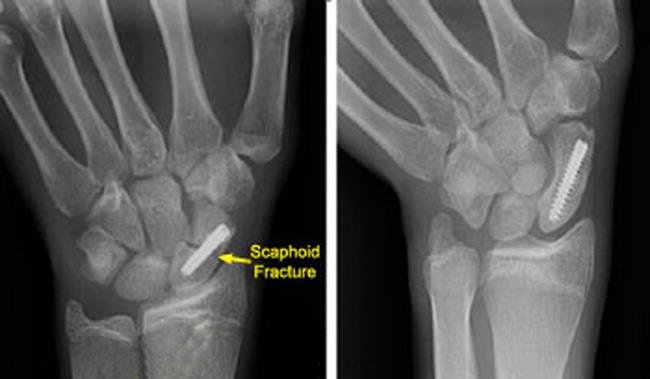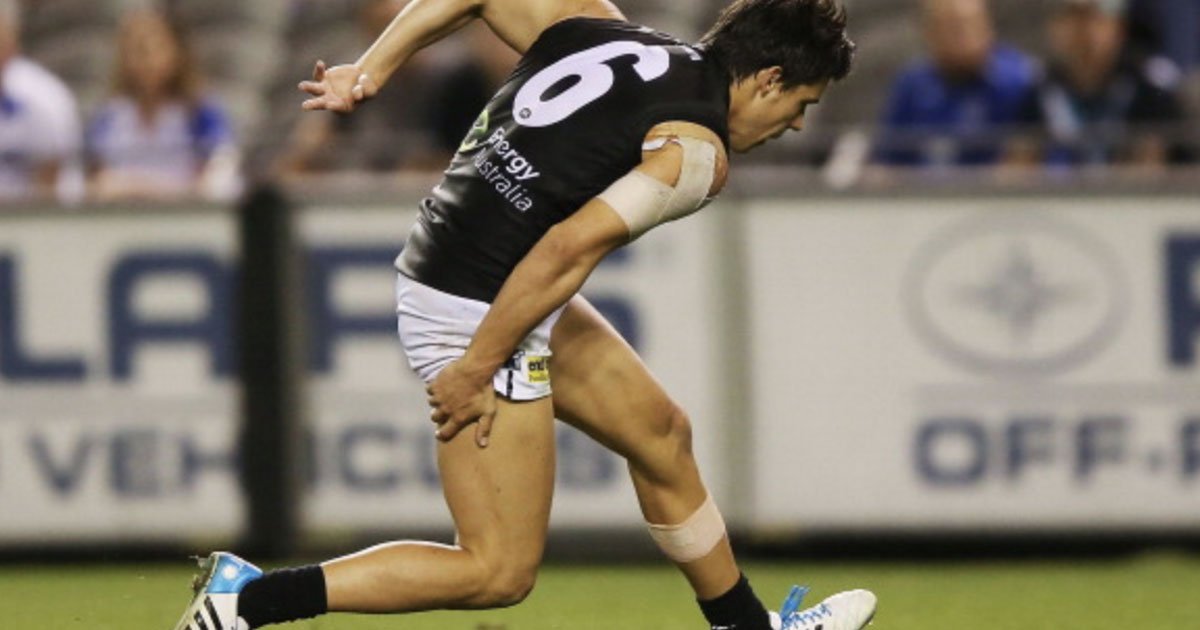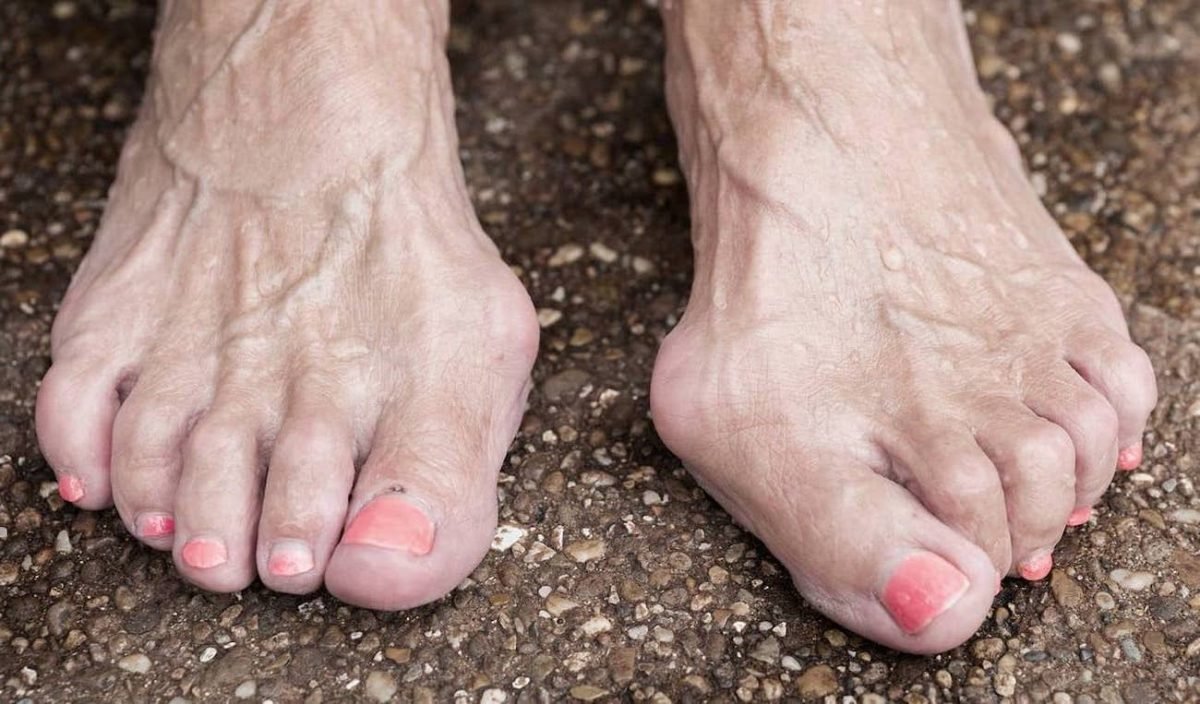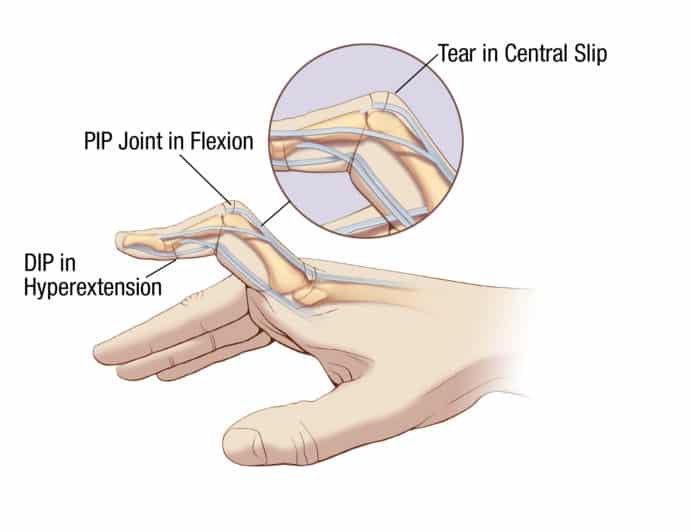
Lisfranc Injuries
When most athletes think about major injuries, they usually gravitate towards knee and shoulder injuries. Rarely do foot injuries come up in these conversations. However, foot injuries can be equally debilitating and possibly season-ending because of the crucial physical role the foot plays. One such injury is a Lisfranc injury, a fracture that causes the displacement of the metatarsals. You may be wondering, what is a Lisfranc injury?

Pectoralis Major Tear
The pectoralis major is a large muscle at the front of the chest, starting from two sections at both the sternum and the clavicle connected through tendons. Tears of the pectoralis major are extremely uncommon, occurring mostly through weightlifting during the eccentric of a movement such as bench or dumbbell press. This article will elaborate on the complications of a pectoralis major tear in addition to the anatomy behind the muscle.


Osgood-Schlatter Disease
Osgood-Schlatter, a disease affecting the tibial tuberosity is common in adolescent athletes. While seemingly minor, the disease can progress, resulting in more painful symptoms. Here’s Aayan to help us understand the condition.

Commotio Cordis
While rare, commotio cordis is extremely serious, as demonstrated by the Damar Hamlin incident. Commotio cordis is a heart condition caused by blunt force trauma, causing the athlete to fall into cardiac arrest. Here’s Nathan to break it down.




Rib Injuries
We don't often pay attention to our rib cages, but they're just as susceptible to injury as the rest of our body. In this article, Justin highlights this often overlooked region and explores recovery, prevention, and symptoms of rib injuries.

Scaphoid Fracture
The scaphoid is one of the many carpal bones in the hand. It lies just proximal to the metacarpals and is situated so that it touches the radius. In this article, Jathan breaks down what it’s like to break the scaphoid.

Alternative Treatments for Injuries
In athletics, staying on the field is half the battle. As such, athletes will experiment with various treatments to help boost their recovery and optimize their performance. In this article, Yong-Lin breaks down some of these methods.

New: Hamstring Strains
For many athletes, hamstring strains are extremely painful and can leave them sidelined for weeks. In this article, Tatiana breaks down how athletes can avoid them and possible risk factors.

Hammer Toe
Discover the surprising world of hammer toes – a condition impacting agility and movement, especially in athletes. Dive into its anatomy, causes like tight shoes and high heels, symptoms, and effective treatments. Learn preventive measures, including proper shoe sizing and soft insoles. Explore precautions to avoid hammer toes and other deformities. Get insights from medical sources for comprehensive understanding and proactive management. Keep your feet healthy and pain-free!

Patellar Tendinitis
For many athletes, patellar tendinitis is a very real risk that can severely hinder their ability to perform on the field. In this article, Aayan breaks down what patellar tendinitis is, how it affects athletes, and how to mitigate the risk of getting it.


Shoulder Dislocations
Usually when you see a shoulder dislocation you think “dang, that looks pretty bad.” While it can be, shoulder dislocations may not be as damaging as you think. To understand this, we need to dive into what a shoulder dislocation is. Tatiana breaks it down in this article.

Jammed Fingers
So what is a jammed finger? Jammed fingers can be excruciatingly painful and frustrating. For many athletes, being sidelined by a jammed finger is their worst nightmare. They aren’t seriously injured but still are out of the game.



Thoracic Outlet Syndrome
Unveil the challenges of Thoracic Outlet Syndrome (TOS) in athletes through Joey Laurer's journey. Explore the anatomy of the thoracic outlet and understand the three main types of TOS. Delve into the diverse symptoms, causes, and diagnostic methods, shedding light on the complexity of this condition. Get informed about TOS and consult a medical professional for personalized advice.
